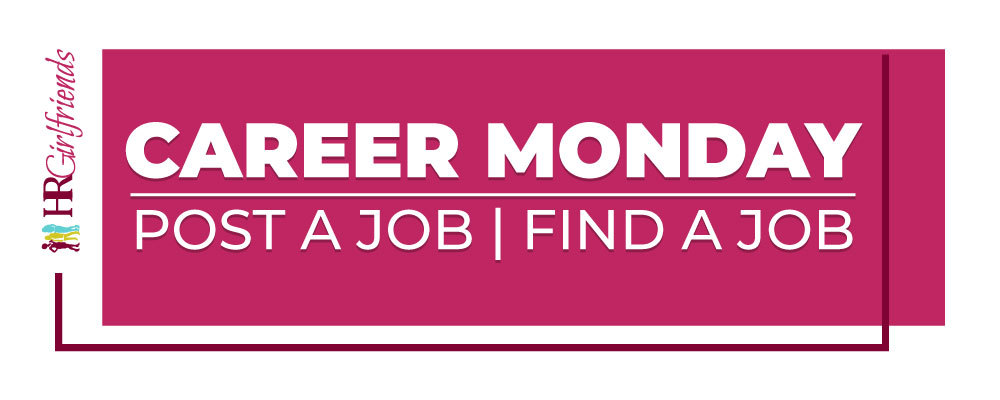The SMART goal framework is an approach to goal setting that helps you set goals that are more impactful and likely to be achieved, while avoiding goals that are too broad to be meaningful or simply too difficult. SMART stands for specific, measurable, attainable, relevant, and timebound. Let’s examine each quality in turn.
A specific goal identifies exactly what is to be achieved. It answers the question of what success looks like. Let’s say you want to set a goal around improving morale. A specific goal might be “reduced turnover” or “increased scores on the annual employee engagement survey.”
A measurable goal is quantifiable. You can track progress against objectives. For example, “reduce turnover by 15%” or “increase engagement scores by 5%.”
An achievable goal is realistic. It may be challenging, even somewhat aspirational, but it is ultimately within reason. A goal of no turnover or 100% engagement is not likely to be achievable. The problem with setting an unachievable goal is that many people won’t be motivated to try to reach it, knowing it’s impossible from the outset.
A relevant goal ties in with the values and long-term objections of those responsible for it. For example, increasing company-wide employee retention relates to the work of HR, but it probably wouldn’t be a suitable goal for a revenue team.
A timebound goal specifies when the goal should be achieved or when progress toward it will be measured. You might assess progress or completion in a week, month, quarter, or even a year depending on the nature of the goal.
A SMART goal for increasing employee morale would be something like this: “By the end of the fourth quarter next year, the HR team will increase employee retention by 5%.”
This Q&A does not constitute legal advice and does not address state or local law.
 Answer from Wendy, PHR:
Answer from Wendy, PHR:
Wendy has over 20 years of experience in HR and talent acquisition. She has been writing and talking about HR for 5 years and was an HR podcast host for 4 years. Wendy has a BA from the University of South Dakota. In her spare time, she makes artisan ice cream and volunteers with her daughter’s Girl Scout troops.





